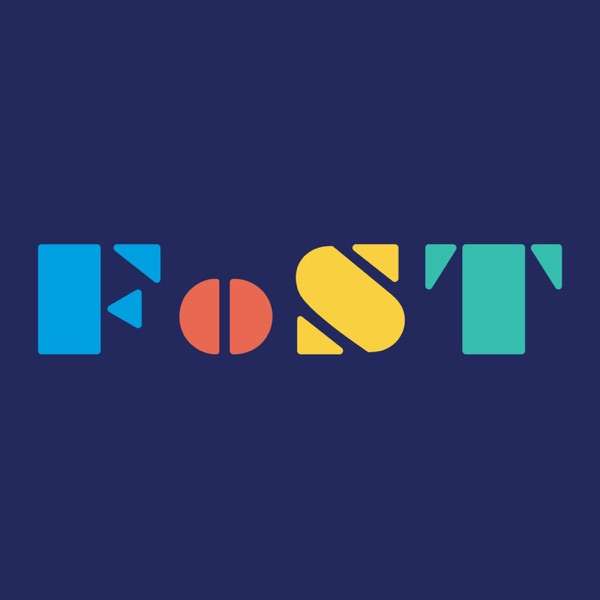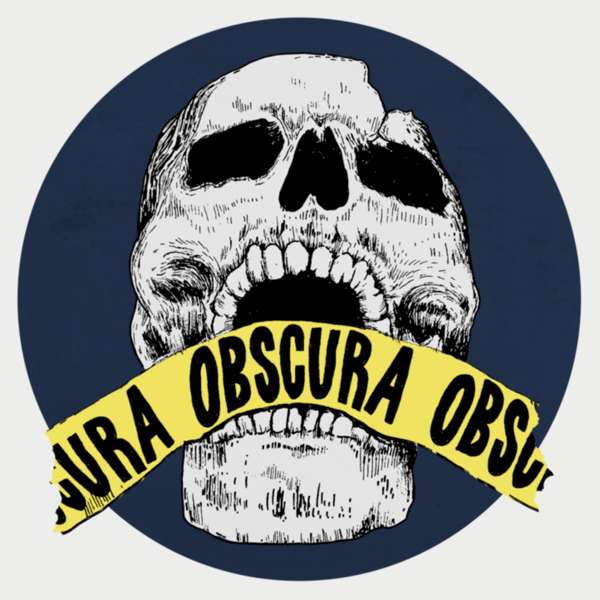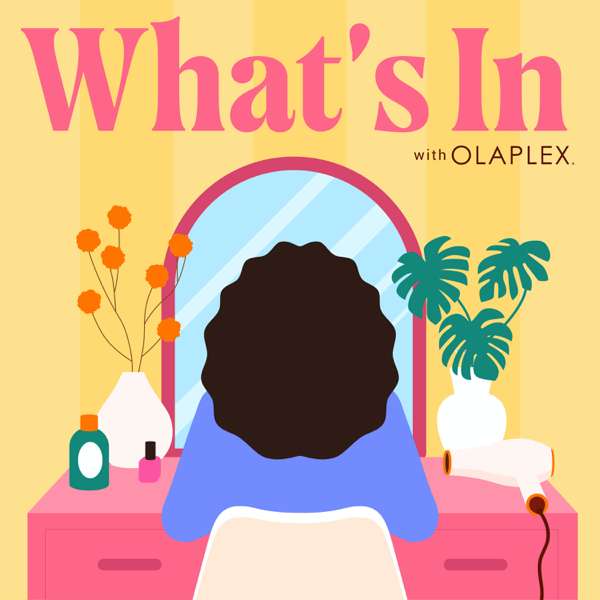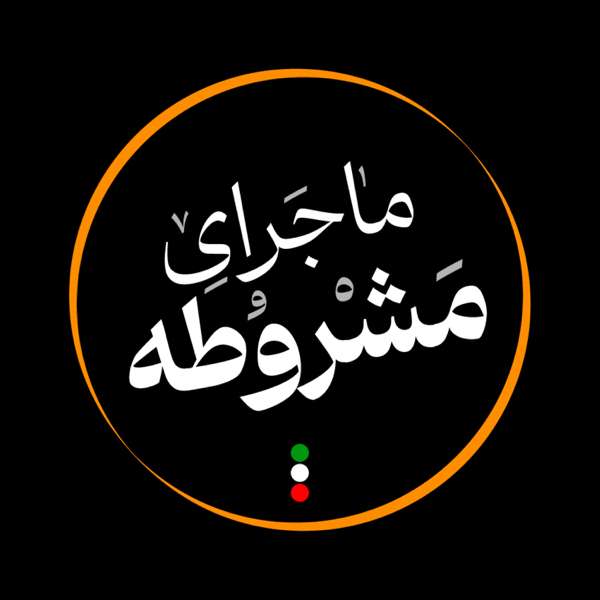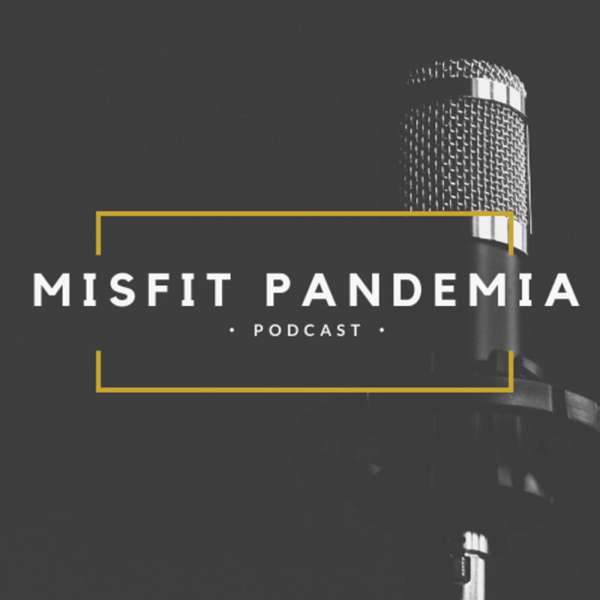How did early modern England understand race and how has that influenced our thinking?
Race is often considered a recent construct, but Shakespeare’s works—both his plays and poetry—reveal a diverse world already aware of race, identity, and difference. In this episode, Patricia Akhimie, editor of The Oxford Handbook of Shakespeare and Race, discusses the growing field of study and what we can learn from it.
She is joined by two of the scholars contributing essays to the guide, Dennis Britton and Kirsten Mendoza, who are exploring the ways race, gender, and power intersect in Shakespeare’s long narrative poems. Britton examines Venus and Adonis, investigating how Shakespeare’s portrayal of beauty, fairness, and desire upends traditional thinking about sexuality and race. Mendoza focuses on human rights in The Rape of Lucrece, revealing how Shakespeare’s use of color symbolism exposes early modern ideas about race, gender, and bodily autonomy. Both scholars illuminate how Shakespeare’s works have encoded ideas about race, which continue to resonate today.
The Oxford Handbook of Shakespeare and Race is an essential resource for scholars, teachers, students, and readers interested in this important area of Shakespeare research.
Patricia Akhimie is Director of the Folger Institute at the Folger Shakespeare Library, Director of the RaceB4Race Mentorship Network, and Associate Professor of English at Rutgers University-Newark. She is editor of the Arden Othello (4th series), author of Shakespeare and the Cultivation of Difference: Race and Conduct in the Early Modern World and, with Bernadette Andrea, co-editor of Travel and Travail: Early Modern Women, English Drama, and the Wider World.
Dennis Austin Britton is an Associate Professor of English at the University of British Columbia. His research interests include early modern English literature, Protestant theology, premodern critical race studies, and the history of emotion. He is the author of Becoming Christian: Race, Reformation, and Early Modern English Romance (2014), coeditor with Melissa Walter of Rethinking Shakespeare Source Study: Audiences, Authors, and Digital Technologies (2018), and co-editor with Kimberly Anne Coles of ‘Spenser and Race’, a special issue of Spenser Studies (2021). He is currently working on a new edition of Othello for Cambridge University Press and a monograph, ‘Shakespeare and Pity: A Literary History of Race and Feeling.’
Kirsten N. Mendoza is an Associate Professor of English and Human Rights at the University of Dayton. Her first book project, ‘A Politics of Touch: The Racialization of Consent in Early Modern English Literature’, examines the conceptual ties that link shifting sixteenth- and seventeenth-century discourses on self-possession and sexual consent with England’s colonial endeavors, involvement in the slave trade, and global mercantile pursuits. Her work has appeared or is forthcoming in Renaissance Drama, Shakespeare Bulletin, The Norton Critical Edition of Doctor Faustus, Race and Affect in Early Modern English Literature, and Teaching Social Justice Through Shakespeare: Why Renaissance Literature Matters Now.
From the Shakespeare Unlimited podcast. Published February 10, 2025. © Folger Shakespeare Library. All rights reserved. This episode was produced by Matt Frassica. Garland Scott is the executive producer. It was edited by Gail Kern Paster. We had help with web production from Paola García Acuña. Leonor Fernandez edits our transcripts. Final mixing services are provided by Clean Cuts at Three Seas, Inc.

 Our TOPPODCAST Picks
Our TOPPODCAST Picks  Stay Connected
Stay Connected


